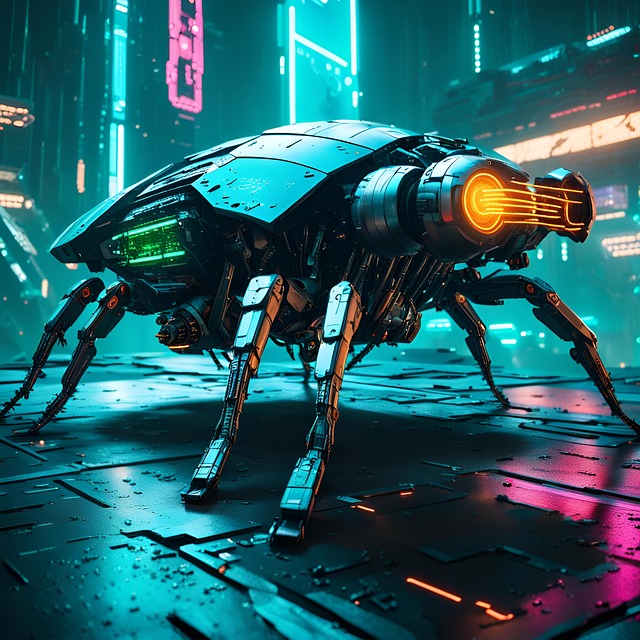
Embracing AI in Hospitality: A New Era of Innovation and Learning
In an era where artificial intelligence is reshaping industries at breakneck speed, communication professionals find themselves at a crossroads. The hospitality sector, known for its traditional methods, is now integrating AI to enhance efficiency and learning. This article explores the transformative impact of AI in hospitality, focusing on innovative learning frameworks and operational enhancements.

The Rise of AI in Hospitality
The hospitality industry is increasingly leveraging AI technologies to streamline operations, personalize guest experiences, and improve overall efficiency. Industry leaders like Siemens, Schneider Electric, and Phoenix Contact are at the forefront, releasing crucial security updates to safeguard these integrations.
AI-Enhanced Collaborative Learning Frameworks
Recent studies have demonstrated the effectiveness of AI-enhanced collaborative learning (AICL) frameworks. These frameworks are particularly useful in supporting language acquisition, such as Chinese character learning. Such systems leverage AI to provide personalized learning experiences, making the process more efficient and engaging.
For instance, one study focused on AICL showed its potential in enhancing learning outcomes significantly, especially in complex subjects that require sustained practice and attention.

Operational Efficiency and AI
AI is not just transforming learning but also operational aspects of hospitality. Siemens and Schneider Electric, for example, are investing in AI models that go beyond mere detection to predictive capabilities and autonomous quality control. Such advancements are not only improving efficiency but also ensuring higher levels of safety and reliability.
The Role of AI in Guest Personalization
One of the most exciting aspects of AI in hospitality is its ability to personalize guest experiences. By analyzing vast amounts of data, AI systems can anticipate guest needs, such as room preferences or dietary restrictions, thereby enhancing satisfaction and loyalty.
Predictive AI and Autonomous Control
Looking to the future, companies like Sacmi are investing in advanced AI models that extend beyond detection into predictive insights and autonomous quality control. This transition represents a significant leap forward in how technology can enhance guest and operational experiences.

Challenges and Considerations
While the advantages of AI are significant, hospitality companies must address challenges such as data privacy concerns and the need for continuous staff training. Establishing robust security measures, like those updated by industrial leaders every Patch Tuesday, are crucial in maintaining customer trust.
Employee Training and AI Integration
Integrating AI requires a workforce skilled in both technology and hospitality services. Companies such as ParamInfo are working with clients to fulfill roles like Support & Maintenance Engineer CIAM Expert, ensuring smooth operations and effective training.

Data Privacy Concerns
With great power comes great responsibility. The integration of AI necessitates stringent data privacy measures. Companies must ensure compliance with regulations to protect guest data and uphold trust.
Success Stories and Future Outlook
Across the industry, companies are reporting increased efficiency and enhanced guest satisfaction, thanks to AI. Platforms like Differ are showcasing these success stories, highlighting how technology can drive innovation without the interference of algorithms or paywalls.
Real-World Success and Future Trends
- **Russellville Jobs:**Listings on platforms like RiverValleyHelpWanted.com demonstrate the growing demand for tech-savvy professionals in roles like AI support and management in Russellville, AR. -Financial Reporting and AI: Firms are catching up on the latest financial trends, using AI to parse data in real-time, offering insights to stakeholders swiftly and accurately.

Conclusion
The hospitality industry stands at the cusp of a technological revolution, driven by AI. As companies continue to adopt AI-enhanced frameworks and operational models, the potential for improved learning, personalization, and efficiency is boundless. However, the journey requires careful consideration of data privacy and consistent employee training.
Embracing AI is not simply about keeping up with trends; it's about pioneering a future where technology and hospitality seamlessly blend to offer unparalleled guest experiences. The ongoing investments and updates from industry leaders underscore a commitment to innovation and excellence.
For those working within or closely with the hospitality industry, staying abreast of these changes is crucial. Engaging with platforms that provide current insights, such as listings and updates from information hubs, equips professionals with the knowledge and tools needed to thrive in this rapidly evolving landscape.
Stay tuned to see how AI continues to transform hospitality, offering both challenges and unprecedented opportunities for growth and excellence.
For more on AI in hospitality, visit Hospitality Net.